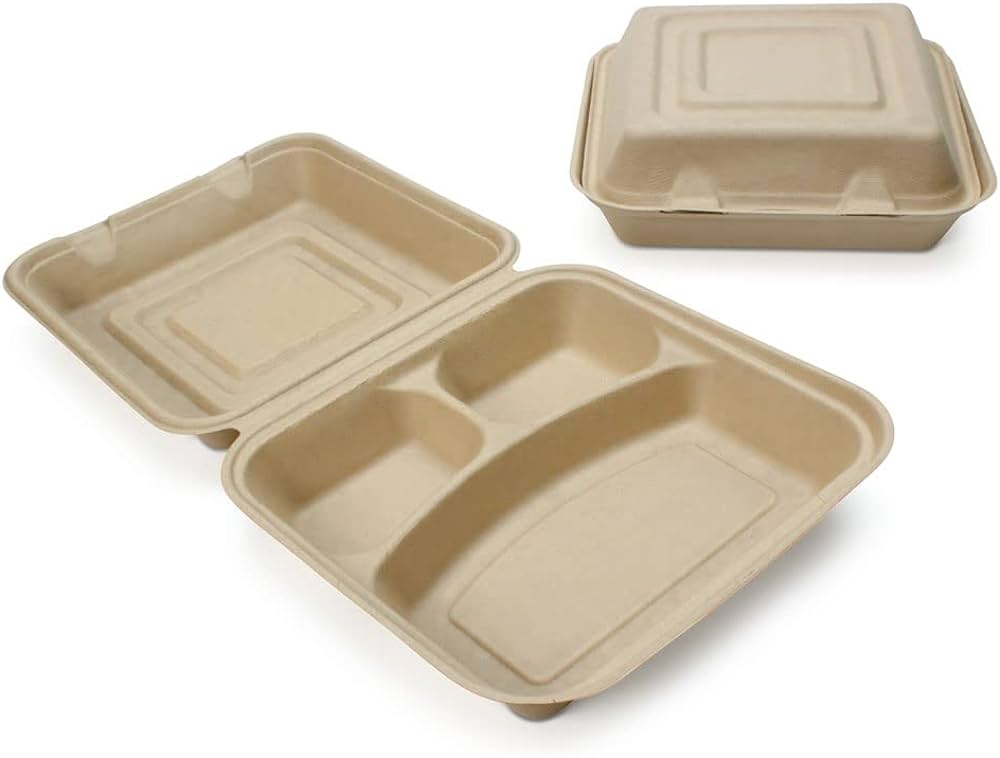In the bustling heart of our town lies a hidden gem for audiophiles and casual listeners alike – the best audio store in town, aptly named Explore Excellence. This sanctuary for sound enthusiasts offers an unparalleled selection of audio equipment, combining state-of-the-art technology with exceptional customer service. From the moment you step through its doors, you are greeted with an atmosphere that exudes passion for high-fidelity sound, making it clear that this is more than just a store; it is an auditory haven. The store’s layout is meticulously designed to showcase its extensive range of products, from sleek, modern headphones to vintage turntables that evoke a sense of nostalgia. Each section of the store is thoughtfully arranged to allow customers to experience the audio equipment firsthand. Whether you are a seasoned audiophile searching for the perfect amplifier or a newcomer looking for a quality set of speakers, Explore Excellence ensures that you can test and compare products in a setting that mimics a true listening environment.

Explore Excellence prides itself on carrying a diverse array of brands, from industry giants to boutique manufacturers, ensuring that every customer can find something that meets their specific needs and budget. High-end brands like Bose, Sennheiser, and Bang & Olufsen share the spotlight with emerging names in the audio world, providing a curated selection that reflects the latest advancements in audio technology. The store’s knowledgeable staff, who are all passionate about audio, are always on hand to offer expert advice, making the shopping experience both educational and enjoyable. Their ability to translate complex technical jargon into easy-to-understand terms helps demystify the world of high-fidelity audio, empowering customers to make informed decisions. One of the standout features of Explore Excellence is its commitment to customer satisfaction, which goes beyond the point of sale. The store offers comprehensive after-sales support, including installation services and personalized tutorials on how to get the most out of your new audio equipment. This dedication to customer care ensures that you are not just buying a product, but investing in an ongoing relationship with a team that genuinely cares about your audio journey.
Explore Excellence also caters to the growing community of home audio enthusiasts by offering bespoke Tienda sonido Barcelona services. Whether you are looking to create a high-fidelity home theater or a multi-room audio system, the store’s experts will work with you to design and install a setup tailored to your specific needs and preferences. This personalized approach underscores the store’s ethos of delivering not just products, but customized audio solutions that enhance the way you experience sound. In a world where online shopping is becoming increasingly prevalent, Explore Excellence stands out by offering an in-store experience that simply cannot be replicated on a screen. The tactile and sensory engagement, combined with expert guidance, creates a shopping experience that is as enjoyable as it is informative. For anyone passionate about sound, or even those just beginning to explore the world of high-quality audio, Explore Excellence is more than just a store – it is a destination where the pursuit of perfect sound is both celebrated and realized.


 Environmental monitoring sensors are essential for detecting hazards such as smoke, carbon monoxide, water leaks, and fluctuations in temperature or humidity levels. These sensors send immediate alerts to homeowners and monitoring centers, enabling swift response and minimizing potential damage or health risks. Professional monitoring services provide an added layer of security by offering 24/7 surveillance and emergency response. Monitoring centers can verify alerts, dispatch emergency services, and notify homeowners of potential threats, ensuring rapid intervention in critical situations. This proactive approach enhances overall security and provides peace of mind, knowing that trained professionals are monitoring your home around the clock. Furthermore, maintaining a well-lit exterior with motion-activated lights helps deter intruders by illuminating dark areas around your property. Adequate lighting enhances visibility and increases the chances of identifying suspicious activity, acting as an effective deterrent against potential threats.
Environmental monitoring sensors are essential for detecting hazards such as smoke, carbon monoxide, water leaks, and fluctuations in temperature or humidity levels. These sensors send immediate alerts to homeowners and monitoring centers, enabling swift response and minimizing potential damage or health risks. Professional monitoring services provide an added layer of security by offering 24/7 surveillance and emergency response. Monitoring centers can verify alerts, dispatch emergency services, and notify homeowners of potential threats, ensuring rapid intervention in critical situations. This proactive approach enhances overall security and provides peace of mind, knowing that trained professionals are monitoring your home around the clock. Furthermore, maintaining a well-lit exterior with motion-activated lights helps deter intruders by illuminating dark areas around your property. Adequate lighting enhances visibility and increases the chances of identifying suspicious activity, acting as an effective deterrent against potential threats. Beyond their environmental advantages, biodegradable food containers offer practical benefits for businesses and consumers alike. They are increasingly preferred by environmentally conscious consumers who prioritize sustainable purchasing choices. Businesses that adopt biodegradable packaging can enhance their brand image and appeal to a growing market segment concerned with environmental stewardship. From a waste management perspective, biodegradable containers contribute to reducing landfill volumes and alleviating the burden on municipal waste disposal systems. Unlike traditional plastics that persist indefinitely, biodegradable materials break down into natural components, enriching soil health and reducing the accumulation of plastic waste in oceans and ecosystems. Furthermore, advancements in biodegradable packaging technology continue to improve their durability and functionality, making them suitable for a wide range of food products and packaging needs. Transitioning to biodegradable food containers requires collaboration across industries, including packaging manufacturers, retailers, and consumers.
Beyond their environmental advantages, biodegradable food containers offer practical benefits for businesses and consumers alike. They are increasingly preferred by environmentally conscious consumers who prioritize sustainable purchasing choices. Businesses that adopt biodegradable packaging can enhance their brand image and appeal to a growing market segment concerned with environmental stewardship. From a waste management perspective, biodegradable containers contribute to reducing landfill volumes and alleviating the burden on municipal waste disposal systems. Unlike traditional plastics that persist indefinitely, biodegradable materials break down into natural components, enriching soil health and reducing the accumulation of plastic waste in oceans and ecosystems. Furthermore, advancements in biodegradable packaging technology continue to improve their durability and functionality, making them suitable for a wide range of food products and packaging needs. Transitioning to biodegradable food containers requires collaboration across industries, including packaging manufacturers, retailers, and consumers.